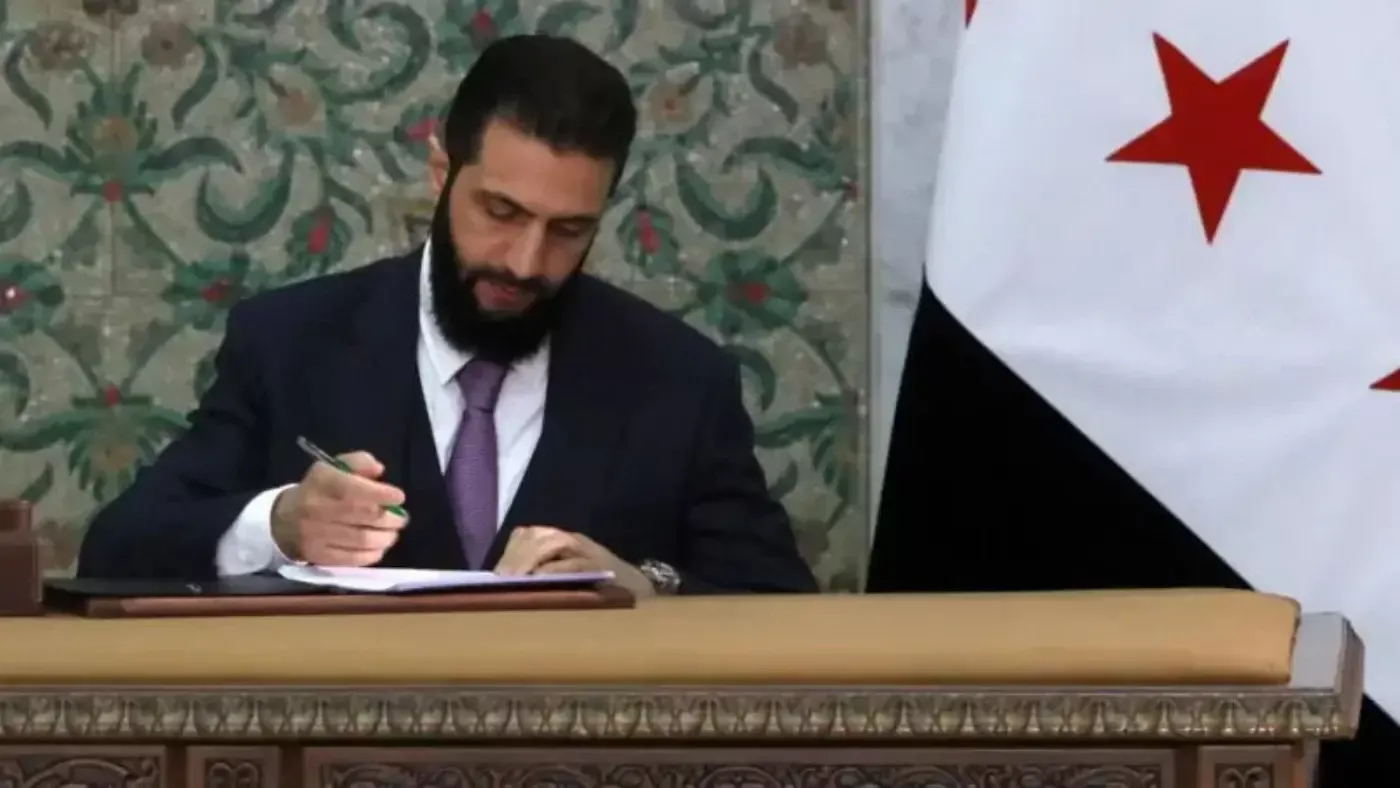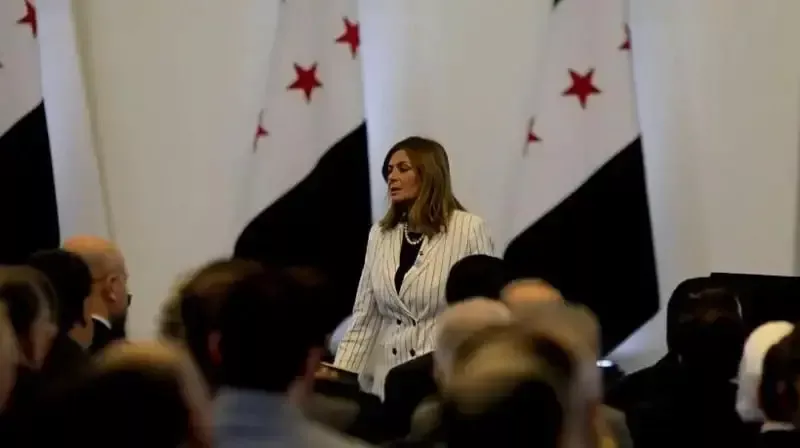
The new government reflects the changes occurring in Syria after the fall of Bashar Assad's regime, particularly the participation of representatives from religious and ethnic minorities in governing the country and a greater openness compared to the decades that preceded the transition to the West.
For the first time in the country, a Ministry of Sports has emerged, one of the offices is headed by a representative of the Alawites, and the position of Minister of Labor is held by a Christian woman.
"We are witnessing a new phase in our national path, and today the formation of the new government is a declaration of our collective will to build a new state," quotes SANA state news agency from ash-Shar'a's speech during the announcement of the government composition.
The Syrian government does not include a separate prime minister position. The executive authority is managed by the president.
At the end of 2024, the former leader of the rebels who participated in the overthrow of Bashar Assad's regime, ash-Shar'a, became the interim president of Syria in January 2025. He had promised to form an inclusive transitional government that would "govern the country honestly" while respecting the rights of women and ethnic minorities, taking into account the interests of all Syrians.
After that, as promised by Syria's new leader, "free and fair elections" must be held in the country. This transitional period, as ash-Shar'a stated at the time, could last four years.
The new expanded cabinet includes 23 ministers, including Alawites, Druze, and Christians, according to a report by Reuters.
Another minority representative, the Kurds, is not included in the government.
The new government is represented by Yarub Badr, appointed as the Minister of Transport for the Alawites. This religious sect, considered to be Shia, constitutes approximately 10 percent of Syria's population (the majority of the country's population are Sunni Muslims). The Assad family, which has ruled Syria for more than half a century, is also Alawite.
In early March, during the suppression of the Alawite uprising in the coastal areas of Syria, hundreds of civilians were killed, and the Syrian Observatory for Human Rights, based in the UK, described these events as "the most widespread and brutal massacres" observed in the country since the Assad regime was overthrown in December 2024.
The new government acknowledged violations committed during operations against a group referred to as "remnants of the Assad loyalists." They blamed unorganized groups and armed militants for supporting the official security forces during the violent unrest.
At that time, ash-Shar'a had promised that "all those responsible for bloodshed among civilians or harming national unity would be held accountable without mercy."
The new Minister of Agriculture, Amgad Badr, belongs to the Druze community, an Arab ethno-confessional group. Previously, up to 850,000 Druze lived in Syrian territory.
Photo: Getty Images
A Christian woman was also included in ash-Shar'a's government. Hind Kabawat, who opposed the Assad regime and advocated for interfaith tolerance and the expansion of women's rights and opportunities, is noted by Reuters. Kabawat serves as the Minister of Social Affairs and Labor. At the cabinet presentation ceremony, she attended wearing white suit pants.
Two ministers, Murhaf Abu Kasra and Assad ash-Shayboni, retained their positions as ministers of defense and foreign affairs in the interim government that has been governing Syria since the fall of the Assad regime in December 2024.
Additionally, Shar'a established two new ministries: the Ministry of Sports and Youth and the Ministry of Emergency Situations, with the head of the popular volunteer organization "White Helmets," Rayoz al-Saloh, appointed as the head of the Ministry of Emergency Situations.
The emergence of a ministry dedicated to the development of sports and youth policy in Syria, according to ash-Shar'a, reflects "the belief in the importance of the role of youth."
In mid-March, Ahmad ash-Shar'a signed a declaration of a temporary constitution that would be in effect during the transitional period in the country. The declaration preserved the central role of Islamic law and guaranteed women's rights and freedom of speech, while also retaining some provisions from Syria's old constitution.
It is worth noting that in early December 2024, opposition forces against Syrian President Bashar Assad entered Damascus and seized power. The Assad family fled to Moscow. Ahmad ash-Shar'a, the leader of the "Hay'at Tahrir ash-Sham" group that led the opposition forces against him, became the transitional president of Syria.
After Ahmad ash-Shar'a came to power, leaders of Western countries began to consider the possibility of lifting sanctions imposed on the country. However, they made it clear that relations with the new government would only be established if the political process and the interim government ensured ethnic and religious diversity in the country.